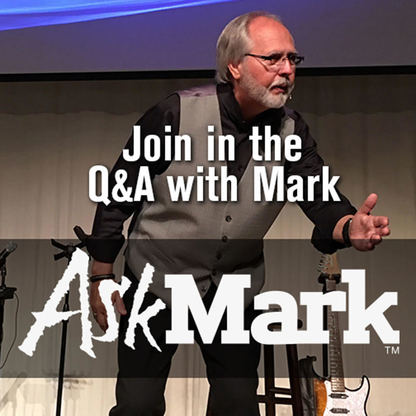|
DON'T HELP!!! What strange advice.
Every lifeguard knows the best advice to give when attempting to rescue a drowning person- "Don't help, don't try to swim, just go limp, relax completely in my arms, and we will both make it safely to shore." A drowning person must exhaust themselves as quickly as possible. Better yet, just go limp, relax completely, don’t fight their lifesaver, and let the expert do their job. But, that goes against the natural, powerful instinct to do anything in order to survive. And "doing anything in order to survive," causes the drowning person to unwitting fight against the very one who can save them. What Activates True Grace? And so it is with the mystery and miracle of New Covenant Grace. The simple, most power truth about how New Covenant grace is activated within us can be found in Proverbs 3:34, James 4:6 and 1 Peter 5:5- "God must oppose the proud, but He freely gives His transforming grace to the humble." So, how does this proud/humble idea work?
1 Comment
Throughout Scripture, yeast is used to describe puffed up arrogance, human pride that’s void of power, hot air instead of true substance. At Passover, Jewish families would search the house and get rid of all leaven, all yeast. Jesus warned the disciples to “Beware of the leaven of the Pharisees” because their pride twisted their view of Scripture and made their teaching arrogant and powerless. (Matt 16:11-12)
Yeast: Powerful, Infecting and Life-Changing But here Jesus uses the metaphor of how yeast affects dough in a completely new and positive way. “Again he asked, "What shall I compare the kingdom of God to? 21 It is like yeast that a woman took and mixed into a large amount of flour until it worked all through the dough." (Luke 13:20-21 NIV) Here, Jesus uses yeast as a metaphor to describe how the power of His Kingdom spreads from one person to another, infecting and transforming them in the process. When a little yeast is mixed into a large amount of dough, given enough time, the entire lump becomes affected, or “infected”, by the yeast. When the message of His Kingdom is mixed into the human heart it has the power to change lives! Demand or Promise - What Did Jesus Mean By "If you love me, you will keep my commandments"?4/2/2018 We have been asking you to submit questions for Mark to answer as part of the new AskMark section of our site, and a few of them we are featuring here in the blog. Here is a recent question I think many Christians struggle with.
YOUR QUESTION: I wonder why Jesus spoke some "law oriented" verses in NT. For example, John 14:15 "If you love me, keep my commandments." I assume the answer is Jesus was alive at that time or he was talking to his "law oriented" disciples or Paul was not there yet to start the Grace gospel. Can you help? Jim from PA MARK'S RESPONSE: Thanks for helping other people who are wondering the same thing. Your question about why Jesus made so many statements that seem to not only be reinforcing the Law, but raising the bar far higher than Moses did, is very common. In fact, it's one of the most asked questions in our pastors equipping seminars in nations around the world. I realize you were writing from memory, but it's important to note that what Jesus actually said was, "If you love me, you will keep my commandments." I point this out because, as we will see later, this is actually a promise rather than a demand. Think of it as a doctor saying, "If you will take your medicine, you will get well." It's all about cause and effect. So let's wade in. Jesus Was Born Under the Law First, we need to see that Jesus was deliberately "born under the Law." |
AuthorMark Drake is an internationally known author, teacher and leader. He focuses on equipping leaders around the world in New Covenant Grace. Archives
July 2024
Categories |
Ministry Office Locations – St. Louis, Missouri, USA : : Anchorage, Alaska USA : : Penang, Malaysia
Entire contents of this site ©2017 Mark Drake International. All rights reserved. / Mark's branding, creative and website donation by W.A.Latocki > LATOCKI.com / How can you help?





 RSS Feed
RSS Feed
